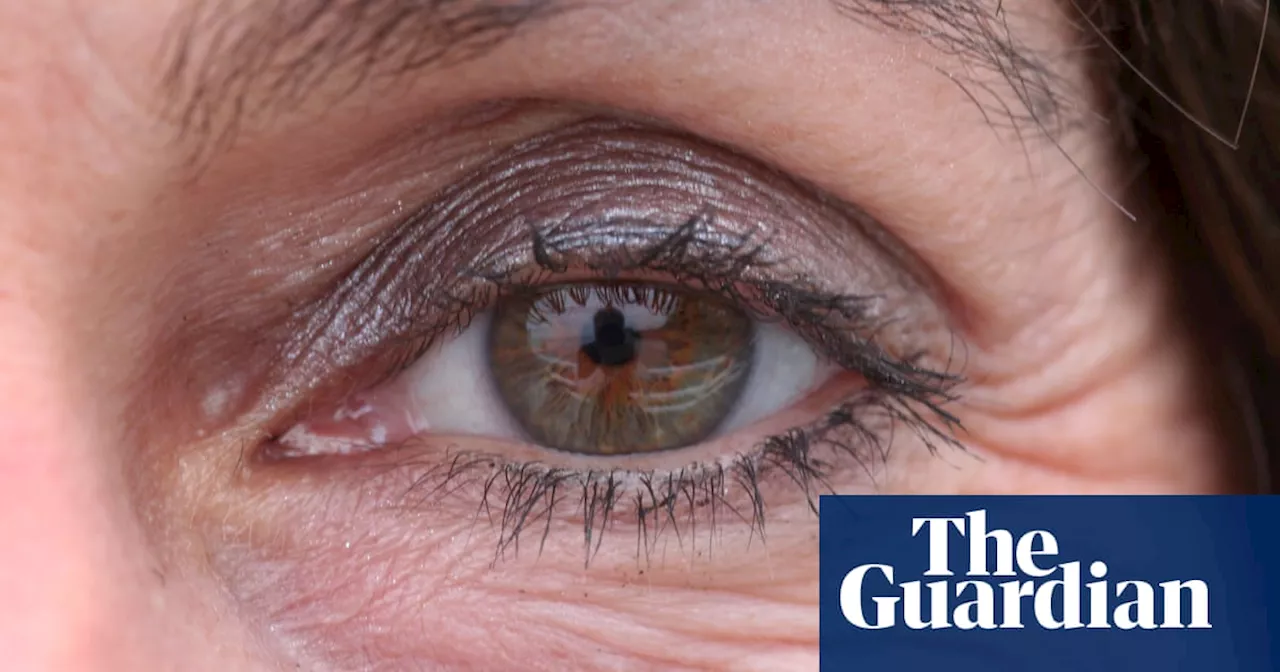Humans didn't always sleep straight through the night, and we didn't always have to deal with a regulated work or school day. Modern culture is responsible for some of the most enduring misconceptions about sleep. Here are seven common myths.
Deep in the French countryside a monastery bell rings out across the tree-covered hills. Just as it has for centuries.Just before midnight, the bell tolls again. They wake, gather in silence, greet each other with a nod, and chant psalms in a dimly lit church for a few hours.
"Sleep is extremely adaptable," says Leon Lack of the Adelaide Institute for Sleep Health at Flinders University. Even REM sleep, where we have the most vivid dreams, has brainwave patterns that are almost the same as when we are awake — although luckily we're in a semi-paralysed state so we can't act out those flying dreams.While it's common for people to complain about having "broken" sleep, it's actually natural to wake up briefly through the night in the lighter phases of sleep, and experts like Professor Lack urge us not to fear this.
But some people are biologically wired to be night owls. Their body clock runs "slow", says Professor Lack, and this makes them want to go to sleep later. The best sleep comes from having a regular sleep and wake time, where you get up at around the same time.
Sleep Myths Sleep Duration Insomnia Naps Health
United States Latest News, United States Headlines
Similar News:You can also read news stories similar to this one that we have collected from other news sources.
 ‘I was a seven, now I’m a 10’: Veteran Channel Seven presenter jumps shipLong-standing Channel Seven weather presenter Liz Cantor has announced she will ditch her role at the embattled broadcaster for one at rival company Network 10.
‘I was a seven, now I’m a 10’: Veteran Channel Seven presenter jumps shipLong-standing Channel Seven weather presenter Liz Cantor has announced she will ditch her role at the embattled broadcaster for one at rival company Network 10.
Read more »
 Scientists find humans age dramatically in two burstsUS findings suggesting ageing is not a slow and steady process could explain spikes in health issues at certain ages
Scientists find humans age dramatically in two burstsUS findings suggesting ageing is not a slow and steady process could explain spikes in health issues at certain ages
Read more »
 Prehistoric humans may have stuck pikes in ground to kill mammoths, say expertsPeople of ancient Clovis culture could have impaled huge animals on pikes rather than throwing spears, finds study
Prehistoric humans may have stuck pikes in ground to kill mammoths, say expertsPeople of ancient Clovis culture could have impaled huge animals on pikes rather than throwing spears, finds study
Read more »
 Scientists testing deadly heat limits on humans show thresholds may be much lower than first thoughtHeatwaves loom as a growing threat to humanity in a warming climate. This summer alone, in the northern hemisphere, thousands have died during extreme heat events. It's driving researchers to find out more about the point when heat turns deadly.
Scientists testing deadly heat limits on humans show thresholds may be much lower than first thoughtHeatwaves loom as a growing threat to humanity in a warming climate. This summer alone, in the northern hemisphere, thousands have died during extreme heat events. It's driving researchers to find out more about the point when heat turns deadly.
Read more »
 Dogs really can communicate with humans using soundboards, study suggestsStudy is described as ‘necessary first step’ in discovering if dogs respond to audio from devices – or simply react to cues from humans
Dogs really can communicate with humans using soundboards, study suggestsStudy is described as ‘necessary first step’ in discovering if dogs respond to audio from devices – or simply react to cues from humans
Read more »
 Humans to push further into wildlife habitats across more than 50% of land by 2070Sharing increasingly crowded spaces could result in greater risk of pandemics, human and animal conflicts and loss of nature, say researchers
Humans to push further into wildlife habitats across more than 50% of land by 2070Sharing increasingly crowded spaces could result in greater risk of pandemics, human and animal conflicts and loss of nature, say researchers
Read more »
